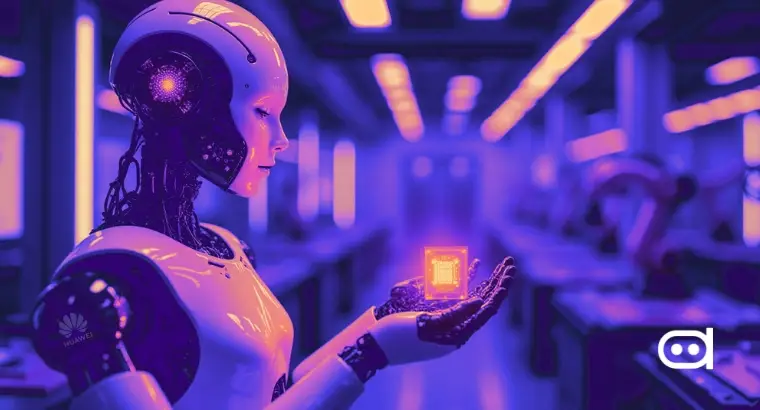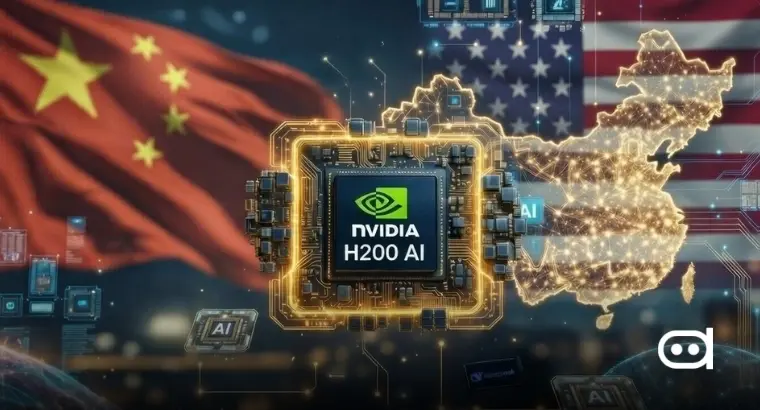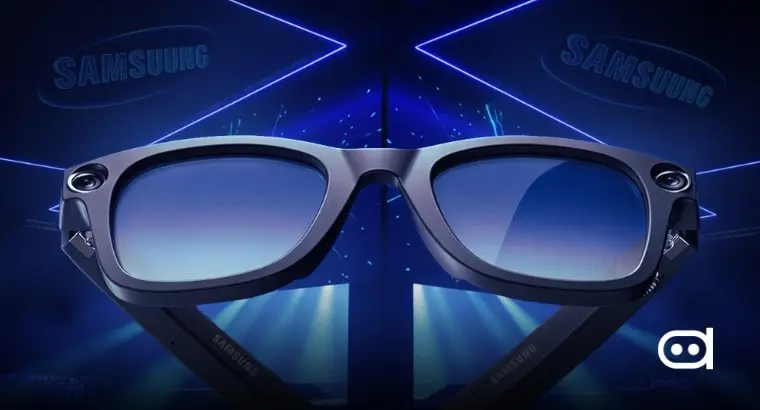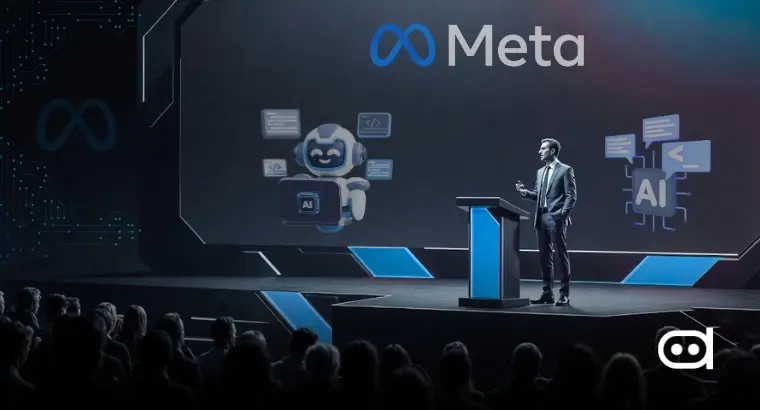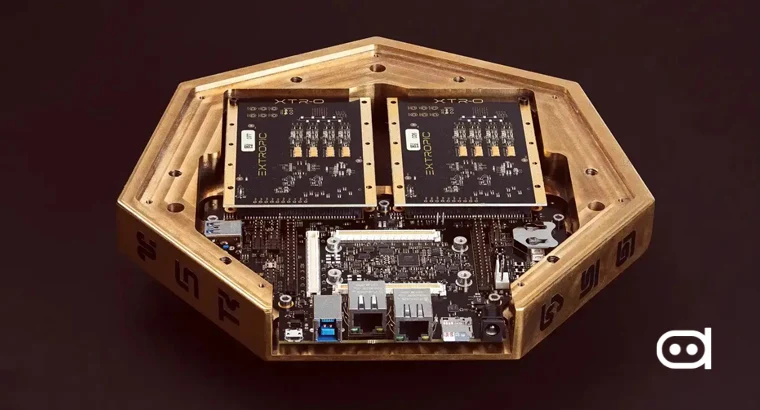
It was back in 1956 when the term “artificial intelligence” was first coined at the Dartmouth Summer Research Project, which is now widely considered as the official birth year of AI. We are almost at the end of 2025. And in all honesty, the AI boom feels unstoppable, and in some ways unsustainable. Every time you chat with an AI assistant, generate an image, or things as such, it comes with a hidden cost — energy. At present, powerful AI models run on racks of GPUs gulping down megawatts like digital furnaces.
Apparently, that’s why Extropic has now jumped into the scene (via Wired). Extropic is an AI hardware startup that aims to build a different kind of computing hardware by combining generative AI and physics-based computing, and its goal is to make AI hardware that are radically more energy efficient than GPUs. The company says that rather than squeezing in more performance out of the same chip, it’s working on chips that think in probabilities and not binaries (0 and 1).
Extropic is working to make world believe AI chips can be energy-efficient
Extropic’s processors, which it calls Thermodynamic Sampling Units (TSUs) don’t work like GPUs and CPUs inside our laptops. Or for that matter like the data centers of big AI giants. The startup’s chips use probabilistic bits (aka p-bits) that represent uncertainty itself. In simple words, it’s more like a hardware didn’t just compute but thinks a little, focusing on outcomes, rather than giving absolutes. It is contrary to what binaries do.
No wonder, it sounds like an idea coming straight from a sci-fi movie. But when you think of it in respect to model uncertainty, which revolves around how AI works, the idea sounds practical. The difference here is that chips these days simulate that uncertainty inefficiently. Well, Extropic wants a change with its approach, which lets it emerge natively from the physics of the chip itself.
Are they succeeding with this approach?
Well, yes, at least according to Extropic’s founders, Guillaume Verdon and Trevor McCourt. They say the company’s early hardware could eventually be thousands times more energy-efficient. Apparently, it’s coming next year. If they’re right, and that’s still a big “if”, this could be one of the most significant hardware shifts since NVIDIA discovered that gaming chips could power deep learning.
Per the company, its upcoming chip called “Z-1” reportedly feature 250,000 p-bits, and is powerful enough to run diffusion models, similar to that of Sora and Midjourney. If the claims turn out to be true, it’ll be a statement, and that too, a bold one. That said, I don’t see Extropic as just another chip company trying to dethrone NVIDIA or others for that matter. This new idea feels more interesting and if I may use “philosophical,” about where computing goes next.
Verdon, who is ex-Googler, and worked on quantum computing isn’t shy about his goals. He believes computing needs a major rethink, one where randomness and uncertainty aren’t seen as problems, but as the key ingredients that make true intelligence possible. He is also well-known in tech circles for his bold and sometimes controversial online persona, and often called “Based Beff Jezos.”
An idea to be hopeful for
It’s hard not to be hopeful by what Extropic is trying to do. The company believes that intelligence doesn’t come from perfect logic but from the messy, random nature of the universe itself. That is an interesting take of building computers that think in probabilities instead of certainties, like nature does.
Here the big question is, will it scale? To be very honest, converting a handful of “p-bits” into a powerful processor is no small feat. We’ve witnessed similar promises in the past, especially with Quantum computing. Extropic faces the same mountain, just from a different angle.
However, a part of me wants them to succeed, given that AI is burning through electricity like there’s no tomorrow. Every new GPU data center that is being established these days demands more power, more cooling, more cost. This very reason, AI is getting further out of reach of small players in the industry. If Extropic’s chips can pull off the same intelligence with a fraction of the energy, that’ll be a game-changer.
What do you think about about Extropic’s vision? Do let us know in the comments below.





